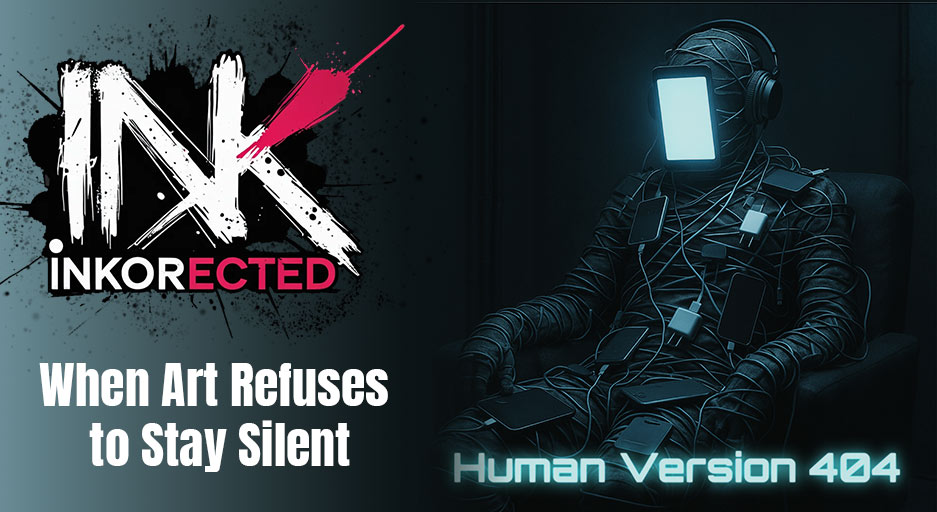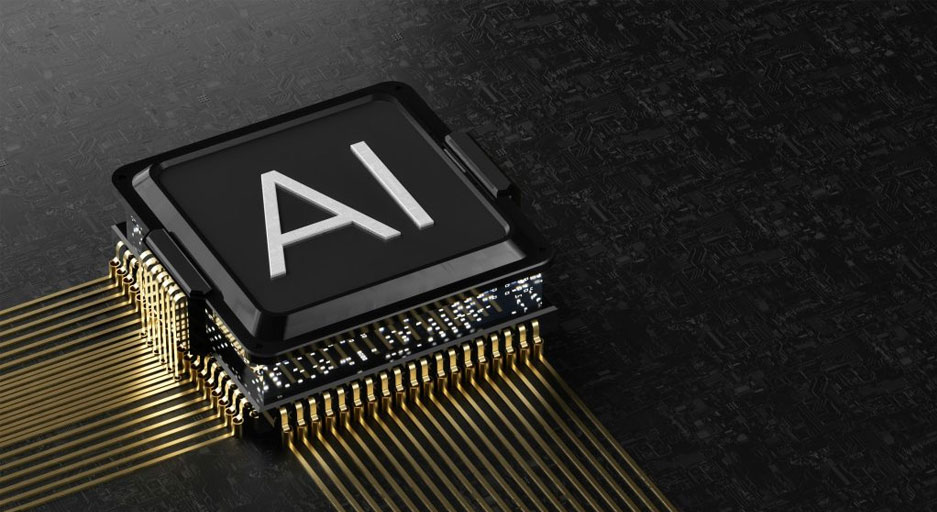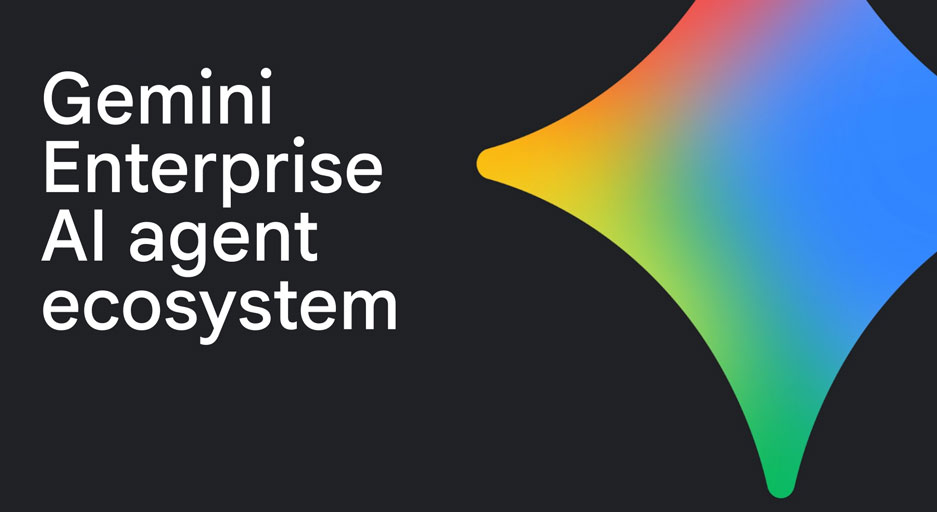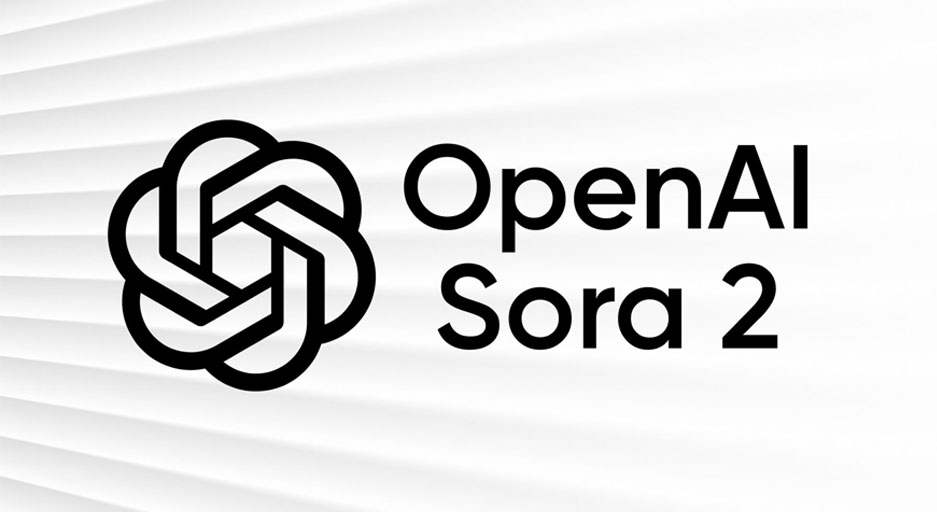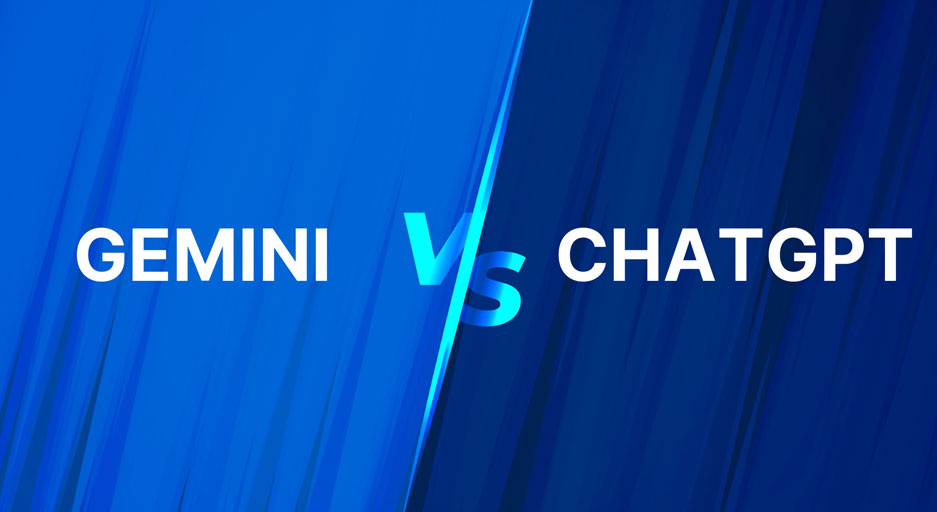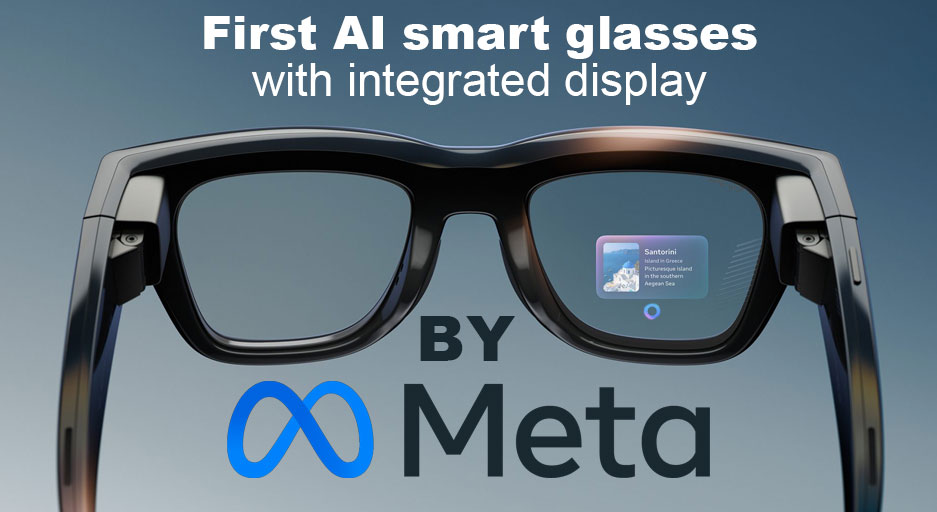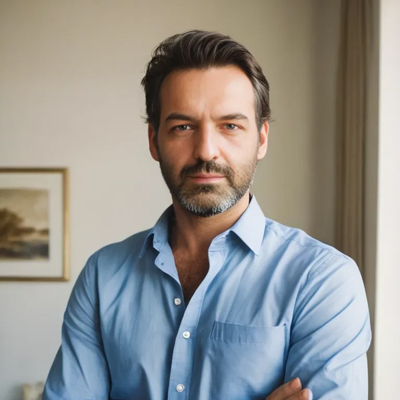Human Ingenuity Triumphs: Developer Outperforms OpenAI AI in Epic Coding Battle
In a truly inspiring demonstration of human intellect and endurance, Polish developer Przemysław Dębiak (known as “Psyho” in competitive programming circles) has emerged victorious over an advanced AI developed by OpenAI in a grueling, 10-hour coding marathon. This landmark event, the AtCoder World Tour Finals 2025 Heuristic Contest held in Tokyo, pitted top human programmers against cutting-edge artificial intelligence, with Dębiak ultimately claiming the top spot.
The Ultimate Human vs. AI Coding Challenge
The AtCoder World Tour Finals is a pinnacle event in competitive programming, renowned for its highly complex optimization challenges. Unlike traditional coding contests that demand perfect, provable solutions, heuristic contests require participants to devise the most efficient “good enough” answers for problems where optimal solutions are practically impossible to find. These often involve intricate tasks such as resource allocation, scheduling, or, as in a past example, optimally packing non-overlapping rectangles.
In this year’s intense showdown, Dębiak’s custom-coded program achieved an impressive score of approximately 45.2 billion points. This remarkable feat edged out OpenAI’s formidable entry, ‘OpenAIAHC’, which scored around 43 billion points. The final official results solidified Dębiak’s lead to an impressive 9.5% margin over the AI, confirming a definitive victory for human ingenuity in this high-stakes #AICodingBattle.
“I’m completely exhausted. I figured, I had 10h of sleep in the last 3 days and I’m barely alive,” Dębiak shared post-victory, underscoring the immense personal toll of the marathon contest.
Why Human Creativity Still Trumps Brute Force (For Now)
Success in AtCoder Heuristic Contests hinges on crafting exceptionally clever heuristic algorithms—problem-solving shortcuts and educated guesses, often involving techniques like greedy placement or simulated annealing. These methods are crucial for navigating the vast, almost infinite, number of potential solutions to find the most effective path.
While an AI can process information at astounding speeds and work tirelessly, Dębiak’s win demonstrates that human attributes like ingenuity, creativity, adaptability, and strategic problem-solving under immense pressure remain critical. Contest administrators noted that while OpenAI’s model excelled at raw optimization and speed, it “fell short of human creativity” in generating truly novel approaches. Dębiak, a veteran of competitive programming and even a former OpenAI engineer (who helped develop OpenAI Five, the AI that defeated professional Dota 2 players), leveraged his deep experience and an “out of the box” mindset to develop a solution that the AI could not replicate.
His ability to design and refine a superior heuristic algorithm within the grueling 10-hour limit sends a clear message: for now, human developers can indeed “hold the line” against their AI counterparts in complex, open-ended coding challenges that demand more than just computational power. This victory sparks vital conversations about the current #AILimitations and the irreplaceable value of #HumanIngenuity in the evolving landscape of technology.
This outcome is a powerful reminder that while AI advancements are rapid and awe-inspiring, the unique blend of human intuition, creative leaps, and perseverance continues to be a driving force at the forefront of problem-solving.
About the author : koosha Mostofi
I’m Koosha Mostofi — a multidisciplinary media creator, full-stack developer, and automation engineer, currently based in Tbilisi, Georgia. With more than two decades of professional experience, I’ve been fortunate to work at the crossroads of technology and creativity, delivering real-world solutions that are both visually engaging and technically robust.


